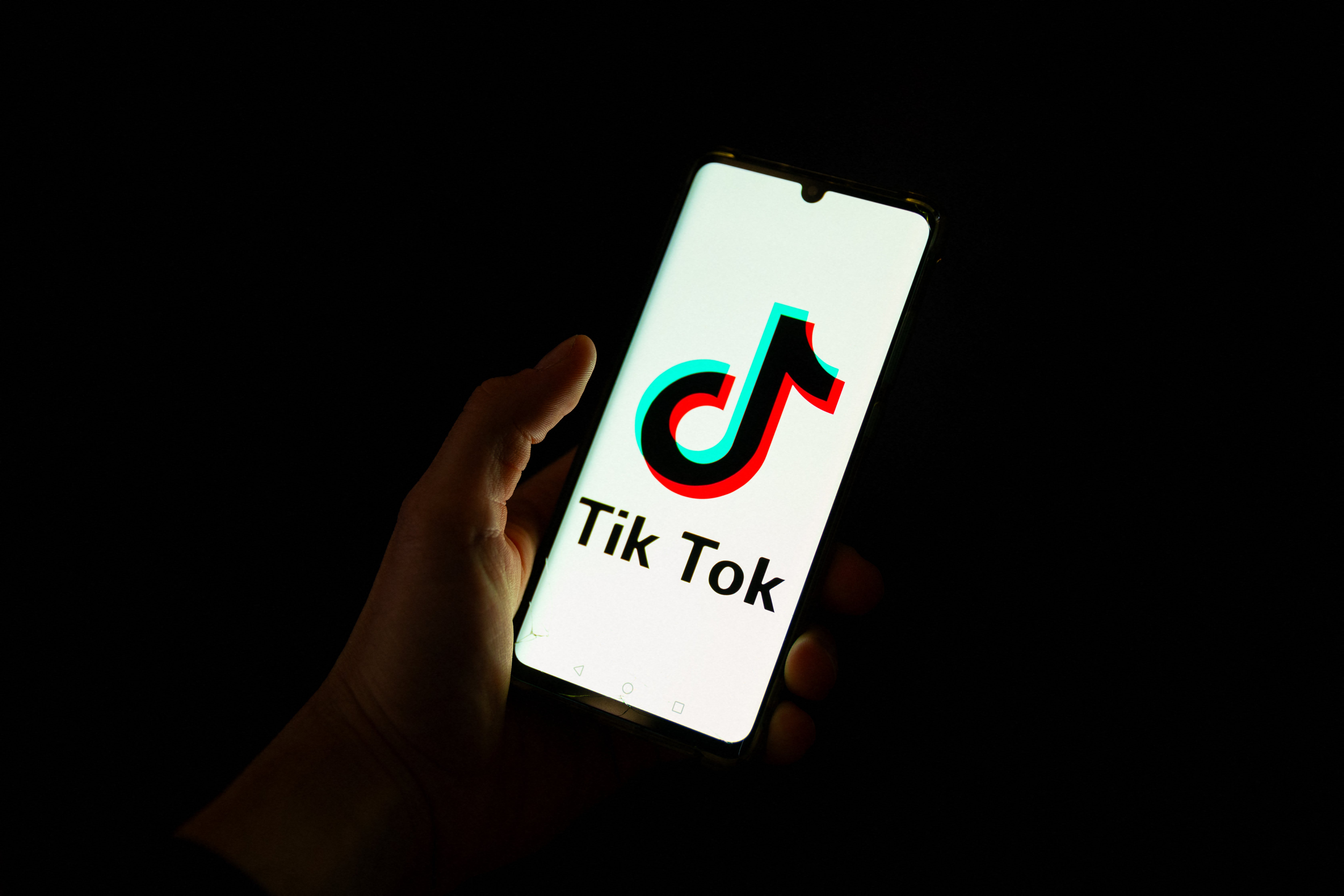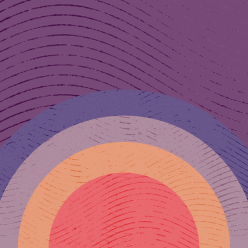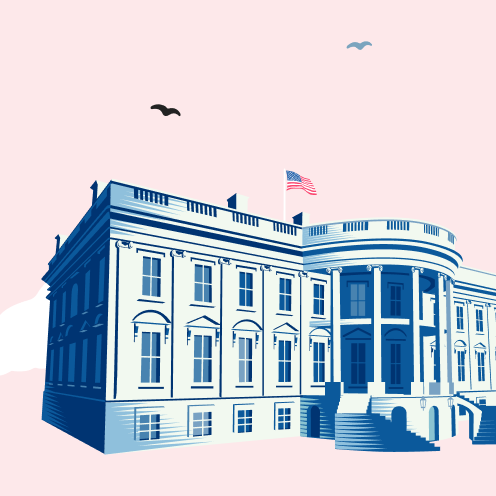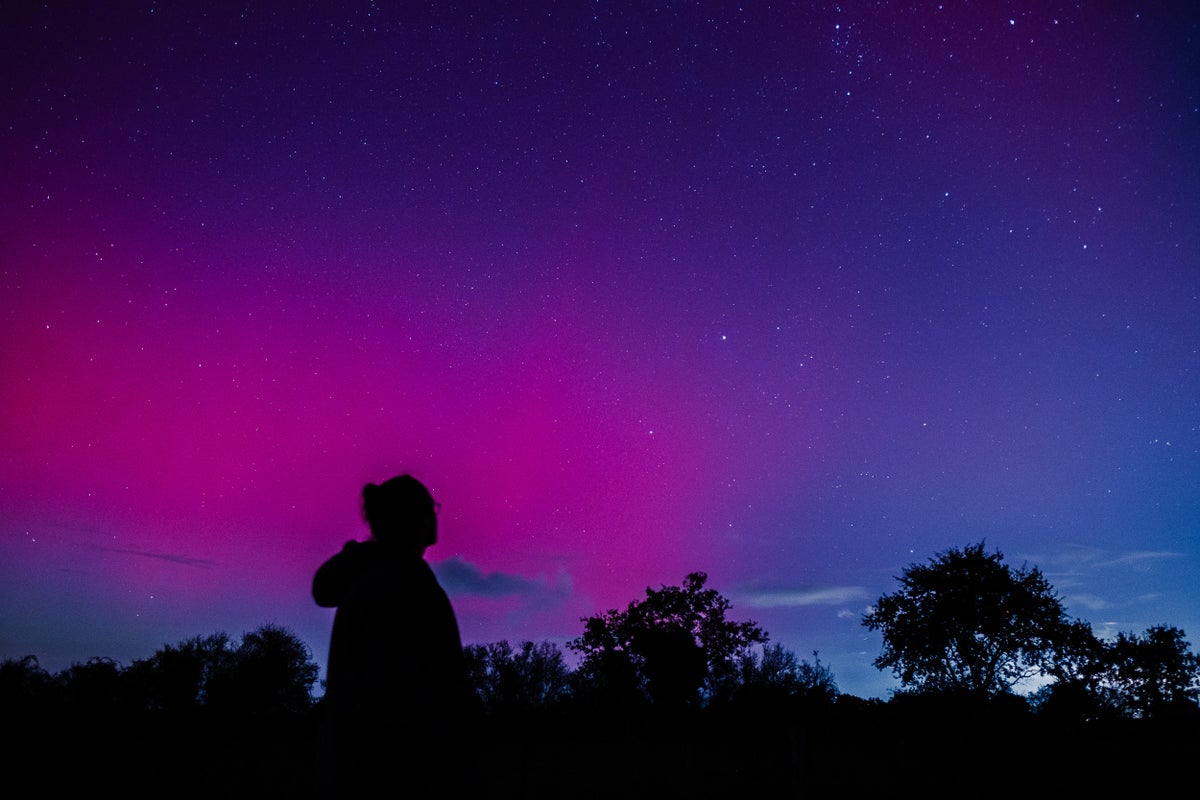TikTok could soon disappear in the US.
US lawmakers have required that parent company ByteDance sell TikTok or it will be blocked from Monday, 19 January. ByteDance has suggested it will not sell the app and that it will take it offline entirely when the deadline arrives.
But a host of politicians and celebrities – from president-elect Donald Trump to YouTube star Mr Beast – are rushing to save the app before that deadline arrives. TikTok itself hopes that the US Supreme Court will intervene and delay or cancel the ban.
TikTok is used by more than 170 million people each month in the US. It has faced criticism over its security practices and accusations that it is dangerously close to the Chinese state.
Those concerns were the stated reason behind bipartisan legislation that passed early last year, after a range of restrictions on its availability. The legislation only requires that the app is taken down from Google and Apple app stores – but reports from within TikTok have suggested that it will instead take the app offline and show users a notification explaining the situation.
Trump claims he’ll ‘save’ TikTok – despite trying to get it banned while in office
“For all of those who want to save TikTok in America, vote Trump,” the former president said in a video posted to his own Truth Social platform in January. “The other side is closing it up. But I’m now a big star on TikTok…We’re not doing anything with TikTok, but the other side is going to close it up.”
The message appears to refer to the Biden administration signing a bill in April that would force the parent company of the popular app to sell TikTok or face a ban in the US.
Trump’s message may be an attempt to win support from crucial youth voters, and it certainly represents a dramatic change from his past stance on the app.
What is Lemon8? The TikTok alternative gaining popularity that may also face a ban
ByteDance launched Lemon8 in Japan in 2020, and it’s seen a steady increase in popularity, hitting the U.S. market in February 2023.
It’s dominated by lifestyle content. Posts highlighted on the app’s homepage include, “How to become a 5 am girly” and “How to save $500 in a month.”
At the start of this year, it was ranked the number one free app on Apple’s app store.
The app’s U.S. downloads increased 340 percent between June and August last year compared to 2023, according to data compiled by market research company Sensor Tower.
By comparison, TikTok grew 20 percent year-over-year during the same period, according to the research.
With the looming threat of the TikTok ban, ByteDance started to ramp up its advertising efforts with Lemon8 by targeting influencers and paying stars to post about the alternative app, the Wrap reported last year.
TikTok disputes reports that its in talks to sell to Elon Musk
Chinese officials are reportedly discussing the possibility of Elon Musk buying out the American operations of TikTok, as the social network faces an impending ban in the U.S., according to Bloomberg.
The Chinese government prefers that the app remain in the hands of parent company ByteDance, but has reportedly discussed the potential of a Musk acquisition as part of its broader contingency planning for working with the incoming Trump administration.
Such a deal could raise concerns about monopoly ownership of social media platforms. Musk’s possible partnership with China would likely also fail to allay security concerns about TikTok if Chinese officials would continue to have access to U.S. user data through Musk.
ByteDance downplayed the report.
“We can’t be expected to comment on pure fiction,” the company told CNBC.
Meta and Google could gain from TikTok ban
Meta and Google stand to gain from a US TikTok ban, according to new analysis by market research firm eMarketer.
TikTok’s growth in the US had affected Google and Meta, which together owned over half of the advertising business in the US.
If the ban takes effect, most of the ad dollars spent on TikTok in the US could go to platforms owned by Meta and Google, such as Instagram, Facebook, and YouTube.

Instagram has already been successful in copying TikTok’s short video format through the launch of Reels.
However, Oxford economics professor Vili Lehdonvirta says curbing TikTok in the US may inspire the European Union to attempt something similar against Meta’s platforms.
TikTok may get 270 day extension
TikTok may get some relief if a new bill extending its 19 January deadline for a sale is approved by the US Congress.
Senator Ed Markey said on Monday that he plans to introduce the Extend the TikTok Deadline Act, which would give the company an extra 270 days to divest from its Chinese parent company ByteDance.
While this bill would not overturn the initial bill, it could give TikTok more time to make a deal.
How ban could affect businesses
TikTok is known to drive consumer purchasing behaviour through its personalised content.
The platform claims to have contributed $24bn to the US economy in 2023, according to a report TikTok published along with Oxford Economics last year.
“A TikTok ban could disrupt marketing strategies for businesses that rely on its algorithm and viral trends to reach their target markets, forcing a shift to less effective channels,” marketing professor Ayalla Ruvio from Michigan State University said.
Small businesses and influencers may face “significant economic losses”, according to the marketing expert, who says TikTok has become key for affordable, high-engagement advertising.
Such small firms would now have to find alternatives and rebuild visibility on other platforms, she says.
Watch: Which countries have banned TikTok?
Can users still access some videos?
TikTok allows users to save videos or photos they have posted or any content on the app from their favourite influencers to be downloaded on their phones.
However, the content of private TikTok accounts or posts from those under 16 years of age cannot be downloaded.
TikTok also allows users to request a copy of their TikTok data, including their comments and video-watching history, which may take the company a few days to prepare and send.
Will sideloading be an option to still download app?
Initially, it was believed that with a ban on Sunday, TikTok would be removed from Google’s Play Store and Apple’s App Store.
While it was thought sideloading, or downloading the app from other online sources, would offer users a way to skirt the ban, it now appears the app may become completely nonfunctional in the US altogether.
A TikTok attorney explained last week that the act means “all of the other types of service providers can’t provide service either.”
“So essentially, what they’re going to say is that I think, ‘we’re not going to be providing the services necessary to have you see it.’ So it’s essentially going to stop operating. I think that’s the consequence of this law,” the attorney told CNN.
This could mean ByteDance would make TikTok completely unavailable in the US once the ban takes effect.
US justices’ rationale to ban TikTok explained
Both conservative and liberal US Supreme Court justices seemed to agree with warnings by the US solicitor general that China could use data collected from Americans for nefarious reasons.
Justice Brett Kavanaugh warned that TikTok under Chinese ownership could use data from American teenagers to blackmail them or turn them into spies, posing a national security threat.
The justices also seemed to agree that the ban was not against First Amendment rights.
They reasoned that the ban does not apply as long as TikTok’s Chinese parent company ByteDance transferred ownership and operation of the app to an American-based entity.
Some justices proposed that less drastic actions taken could be taken to protect national security such as posting warnings on the app to alert users that their data could be shared and used by communist China, or forbidding TikTok from collecting personal data on Americans.
“The wild card is president-elect Donald Trump, who is poised to take office on 20 January,” according to law professor Nancy Costello at Michigan State University.
“He has said TikTok should not be shut down because some speech that gets posted is disfavoured,” Costello, an expert on First Amendment law, said.
Source: independent.co.uk



